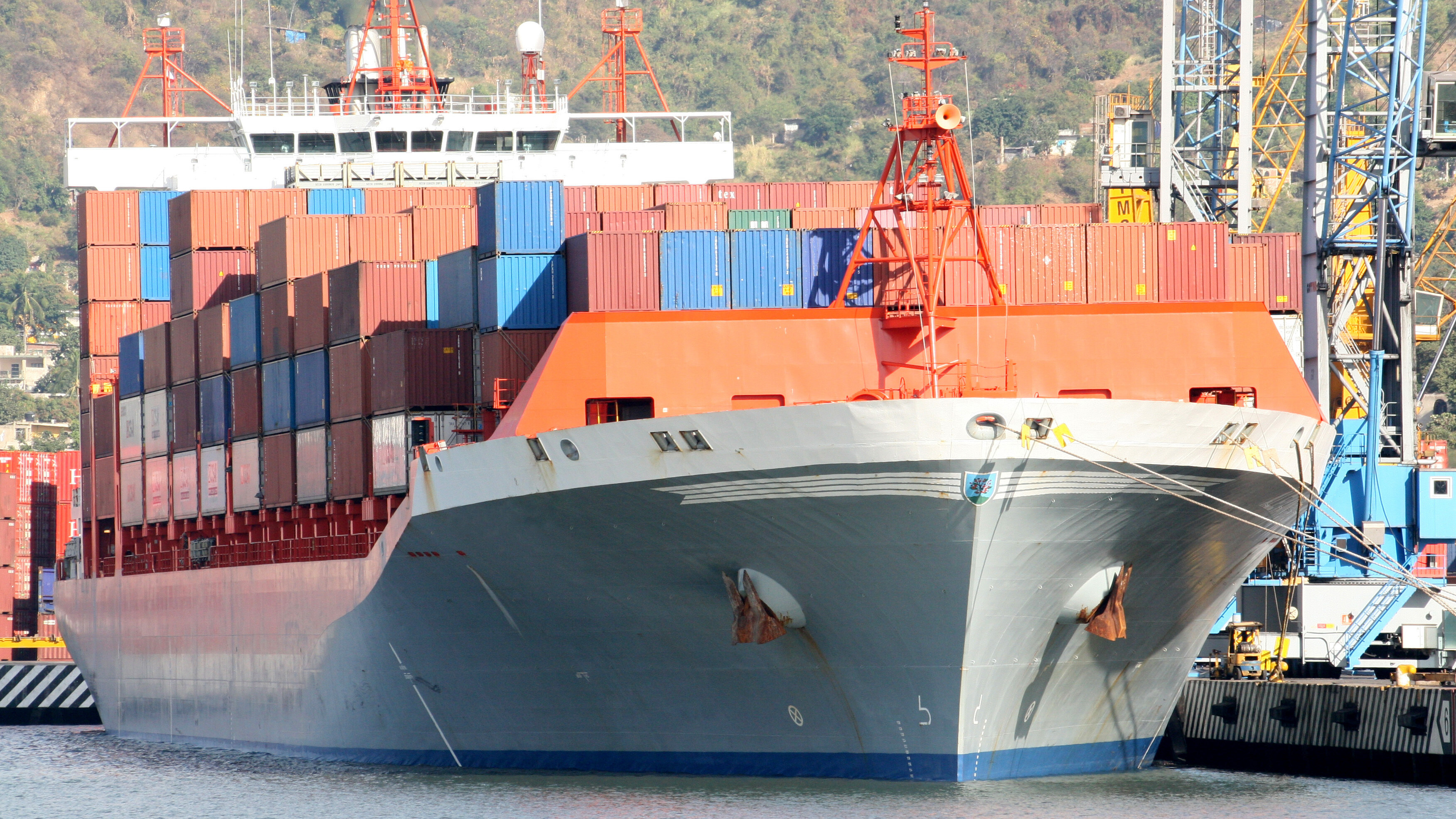EU-Mercosur Trade Deal Faces Backlash
After 20 years of tortuous negotiations Latin America’s largest trade bloc, Mercosur, finally inked a trade agreement with the European Union. However, the angry reaction from French and Irish farmers suggests it's far from a done deal...

Many, including this magazine, doubted the deal would ever be made, so its signing represents a symbolic achievement for both sides. Undoubtedly, favourable political winds on South America’s Atlantic coast, where free trade has become less taboo under the current Argentine and Brazilian governments, helped. This is also a welcome success story for the EU, which is battling with several internal crises.
Big deal
If the deal was implemented it would have a positive economic impact for the Mercosur members, Argentina, Brazil, Paraguay and Uruguay, potentially boosting economic growth by as much as 1% per year. The key takeaway is that both the EU and Mercosur have agreed to remove tariffs on around 90% of imports. For European exporters the most dramatic wins are in the auto industry, where Mercosur currently slaps a 35% tariff on imported EU cars, 14% to 18% on car parts and 14% to 20% on machinery. Food and drink producers will also benefit as EU wine imports currently pay 27% and peaches 55%.
On the other side of the deal, Mercosur exporters also stand to benefit, albeit less dramatically. As members of the WTO, Mercosur members already has Most Favoured Nation tariff levels to the EU, which average 3%. However, some sectors have higher tariffs. Imports of Argentine beef, which currently pay 12.8%, Brazilian ground coffee, which pays 7.5%, and all cars from Mercosur, which pay 10%, all stand to gain when the EU drops tariffs.
"it’s not just exporters from both blocs that will benefit…"
But it’s not just exporters from both blocs that will benefit. Edward Glossop, Latin America Economist at Capital Economics, a London-based consultancy, believes the most important benefit will come from cheap imports. “Much of the focus so far has been on the potential gains that might accrue from stronger Mercosur exports to the EU. But the more important impacts are likely to come on the supply-side. Indeed, high tariff rates are partly responsible for extremely sluggish productivity growth in the region, particularly in Brazil and Argentina. High tariffs often reduce competition and hinder the efficient allocation of resources that occurs through specialisation.”
Political opposition
Markets didn’t react to the announcement because, while it’s all positive in theory, it still needs to be ratified by the parliaments of each block’s member country. That may be a problem in the EU, where countries like Ireland are unenthusiastic about competing on a level playing field with Argentine beef imports. Indeed a majority of MPs in the Irish parliament have already signalled their displeasure with the agreement. Meanwhile the French minister for agriculture has insisted his country can't ratify the deal in it's current form.
It could face even stiffer challenges in South America. The Argentine elections later this year could well see left-wing Peronist Alberto Fernández, an outspoken critic of the deal, become president. Meanwhile, passing the agreement through Brazil’s messy Congress may not be a priority for Bolsonaro’s unpredictable administration. Even if the deal does get passed the impact will be delayed. Because, while the EU will abolish the tariffs almost immediately, Mercosur successfully negotiated to have up to 15 years to make the move.